Here are some of the things that the corporate sector does:
- makes all our towns look the same
- sucks money out of our communities to pay its shareholders
- avoids taxes, which means that the rest of us have to pay more
- employs sweatshop labour
- campaigns against environmental legislation
- squeezes small farmers
- corrupts our political system with donations, lobbyists and jobs for politicians
- bombards us with advertising
- steals our online data
- concentrates wealth in very few hands
- promotes unhealthy food
- promotes materialism
- makes life more impersonal, preventing contact with humans who care
- crashes the economy by packaging bad investments and giving them triple A ratings
- takes our tax money to bail itself out and pay huge bonuses
- spreads biased and superficial news via its media
- damages nature
- promotes war by selling weapons to both sides in global conflicts
- uses zero hours contracts
And I’m sure you can think of many more ways that it harms us. The only way to fight back as an individual is by not giving the corporate sector your money.
In the non-corporate sector (involving businesses that can never be or be bought by corporations), on the other hand:
- money stays within local communities – it’s not siphoned off to pay corporate shareholders
- we employ ourselves, either individually or co-operatively – there’s no exploitation, because workers would be exploiting themselves
- there’s no scope for making money from other people’s work
- homes are owned by the people who live in them – either individually or collectively
- homes exist to house people, not as investments or to rent to other people
- no businesses are ‘too big to fail’ and won’t require taxpayers’ money to bail them out
- work is much more meaningful, satisfying and interesting
- you can talk to real people and get personal attention
- towns regain their character – businesses, products and services are often traditional and unique to the local area
- supply chains are shortened and don’t involve sweatshops or environmentally-damaging materials
- communities are strengthened and become safer, friendlier and more interesting
We can only defeat the corporate sector by starving it of funds. Only a relatively small percentage of people will understand the importance of this enough to do something about it. But those people will have friends and family members who can be persuaded to switch, and the more people who switch, the more job opportunities there will be in the non-corporate sector. We can do this. We’ll let you know when the new non-corporate site is launched via this blog and our newsletter.





 Low-impact & the city 7: our experience of a local fishbox / community-supported fish scheme
Low-impact & the city 7: our experience of a local fishbox / community-supported fish scheme
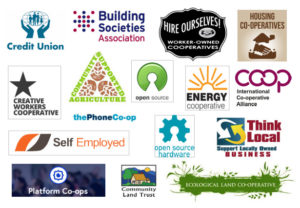 Let’s build a sustainable, non-corporate world; but what exactly does ‘non-corporate’ mean?
Let’s build a sustainable, non-corporate world; but what exactly does ‘non-corporate’ mean?
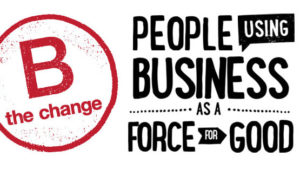 B-corporations – yes or no?
B-corporations – yes or no?
 Low-impact & the city 12: switching to the Phone Co-op (do it today!)
Low-impact & the city 12: switching to the Phone Co-op (do it today!)
 Join our new online community Living Low Impact
Join our new online community Living Low Impact
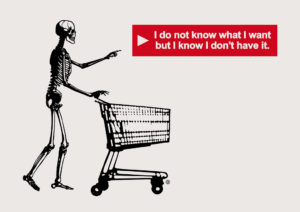 Buying green: is ethical consumerism a perfect distraction?
Buying green: is ethical consumerism a perfect distraction?
 The two roads to serfdom: how neoliberals misrepresent Hayek
The two roads to serfdom: how neoliberals misrepresent Hayek
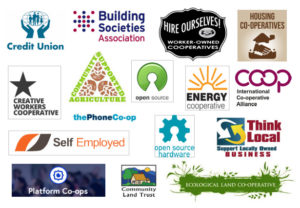 Announcing the launch of NonCorporate.org – how to move away from multinational corporations
Announcing the launch of NonCorporate.org – how to move away from multinational corporations
 ‘Homegrown well-being’ and alternatives to corporate drug companies: interview with GP Simon Lennane
‘Homegrown well-being’ and alternatives to corporate drug companies: interview with GP Simon Lennane
 Blockchain
Blockchain
 Building societies
Building societies
 Co-operatives
Co-operatives
 Cohousing
Cohousing
 Commoning
Commoning
 Community
Community
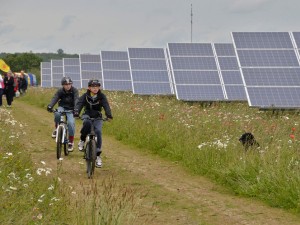 Community energy
Community energy
 Community land trusts
Community land trusts
 Community-supported agriculture
Community-supported agriculture
 Credit unions
Credit unions


